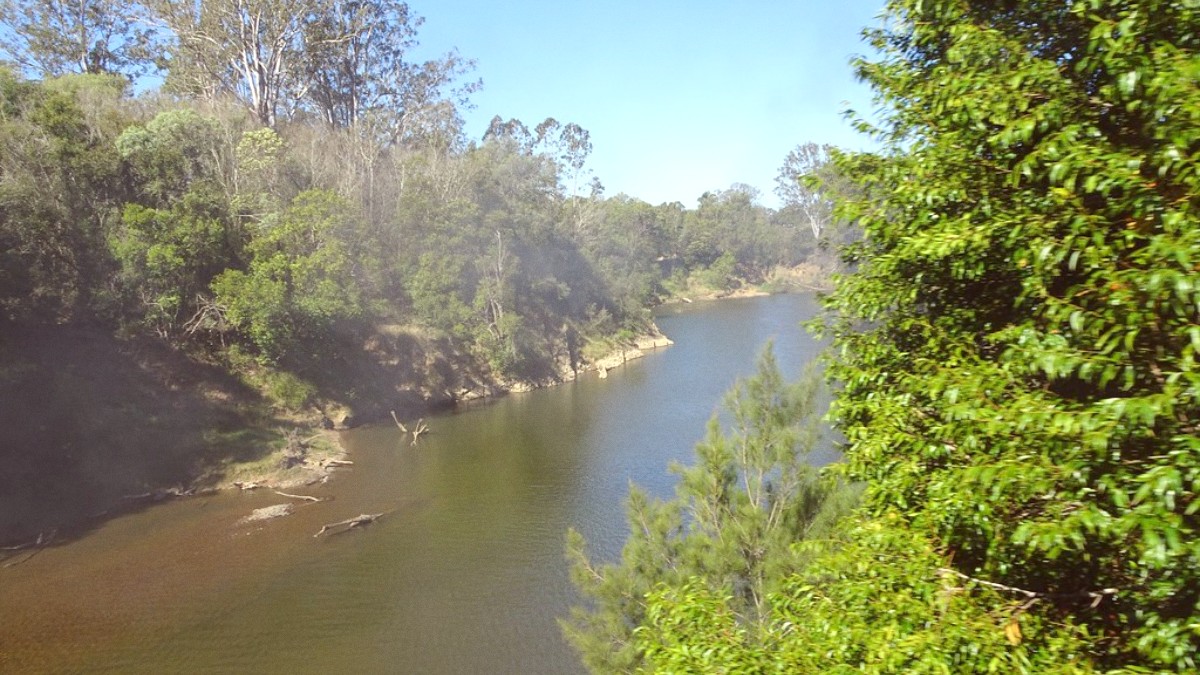
Queensland, Australia
Passport valid for at least six months beyond your departure date is required. Carry a valid Australian visa grant notification (printed or digital). Digital photos may be needed for online visa applications. Evidence of funds to support your stay may be requested. An onward or return ticket may be checked to show intent to leave.
No general entry fees beyond visa application costs. SmartGate automates passport processing for eligible ePassport holders. Other travelers use manual processing with a border control officer. Complete an Incoming Passenger Card, declaring goods like food, plants, animals, medications, and currency over AUD$10,000. Strict biosecurity laws protect Australia's environment.
No specific vaccinations are generally required for entry unless you arrive from a yellow fever risk country without a valid vaccination certificate. Always verify the latest requirements from the Australian Department of Home Affairs.
Australia has strict biosecurity regulations. Travelers must declare any food, plant, or animal items on their Incoming Passenger Card. Failure to declare items can lead to fines or penalties.
Claim up to €600
Receive compensation for flight delays or cancellations.
For active travelers
Coverage for a wide range of activities.
Flexible coverage for remote workers
Medical and travel coverage designed for long-term travelers.
Queensland has very high UV levels; use high-SPF sunscreen, wear a wide-brimmed hat and sunglasses, and stay hydrated. Mosquitoes and biting insects are present; use insect repellent. If visiting coastal areas, be aware of jellyfish (stingers) in warmer months (November-May); swim at patrolled beaches.
Rockhampton Hospital offers emergency and general medical services. Numerous general practices (GPs) are available. Pharmacies stock prescription and over-the-counter remedies. Dial 000 (Triple Zero) for Police, Fire, or Ambulance in emergencies. Tap water is safe to drink. Australia observes high food safety standards.
Use SPF 30+ or 50+ sunscreen, hat, sunglasses, and lightweight clothing.
Drink plenty of water. Carry a Reusable water bottle.
Secure valuables, avoid poorly lit areas at night. The CBD and Riverside Precinct are generally safe.
Monitor BOM for cyclones (Nov-Apr) and bushfire risk (late winter/spring).
These general price ranges fluctuate based on season and specific choices.
Hostel Dorm Bed: AUD$30-AUD$50. Budget Motel/Hotel: AUD$80-AUD$120.
Coffee: AUD$4.50-AUD$6.00. Breakfast (cafe): AUD$15-AUD$25. Lunch (casual cafe/takeaway): AUD$15-AUD$30.
Accommodation prices are generally higher during winter (high season) and during major events or school holidays. Prices are typically lower in summer (low season), a benefit for budget travelers enduring warmer weather.
Australia adheres to high safety standards. Awareness of local conditions enhances a safe journey.
No specific vaccinations are required for entry unless arriving from a Yellow Fever risk country without a valid certificate.
Consult your doctor for routine vaccinations (measles, tetanus) and possibly Hepatitis A/B, or Japanese Encephalitis for rural extended stays.
Sunburn, heatstroke (high UV), insect bites (mosquitoes), marine stings (jellyfish in coastal areas, Nov-May).
Rockhampton Hospital provides emergency and general medical services. Numerous general practices and pharmacies are available for non-emergency needs.
Public healthcare is of high quality, but visitors generally need comprehensive travel insurance for medical costs. Tap water is safe for drinking. Food hygiene standards are high.
For emergencies, dial 000 (Triple Zero) for Police, Fire, or Ambulance services. This is a free call from any phone.
Always verify the latest travel health advice from official government sources.
Rockhampton is generally safe for tourists. Property crime is more common than violent crime. Standard urban precautions apply: secure valuables, avoid walking alone in poorly lit areas at night.
November to April is cyclone season. Monitor local weather forecasts from the Bureau of Meteorology (BOM) and official warnings (QFES). Have a plan for sheltering or evacuating.
Bushfire risk can be high during dry periods (late winter/spring). Severe thunderstorms with heavy rain, hail, and strong winds may occur in summer. Seek indoor shelter during severe weather warnings.
Comprehensive travel insurance is highly suggested. It medical emergencies, hospital stays, trip cancellation, lost luggage, and rental car excess. Review policy details for all planned activities.